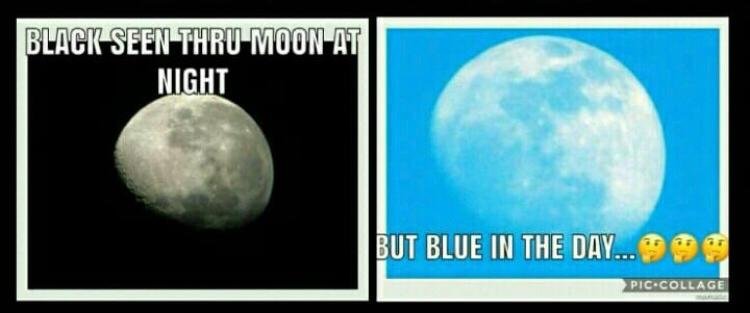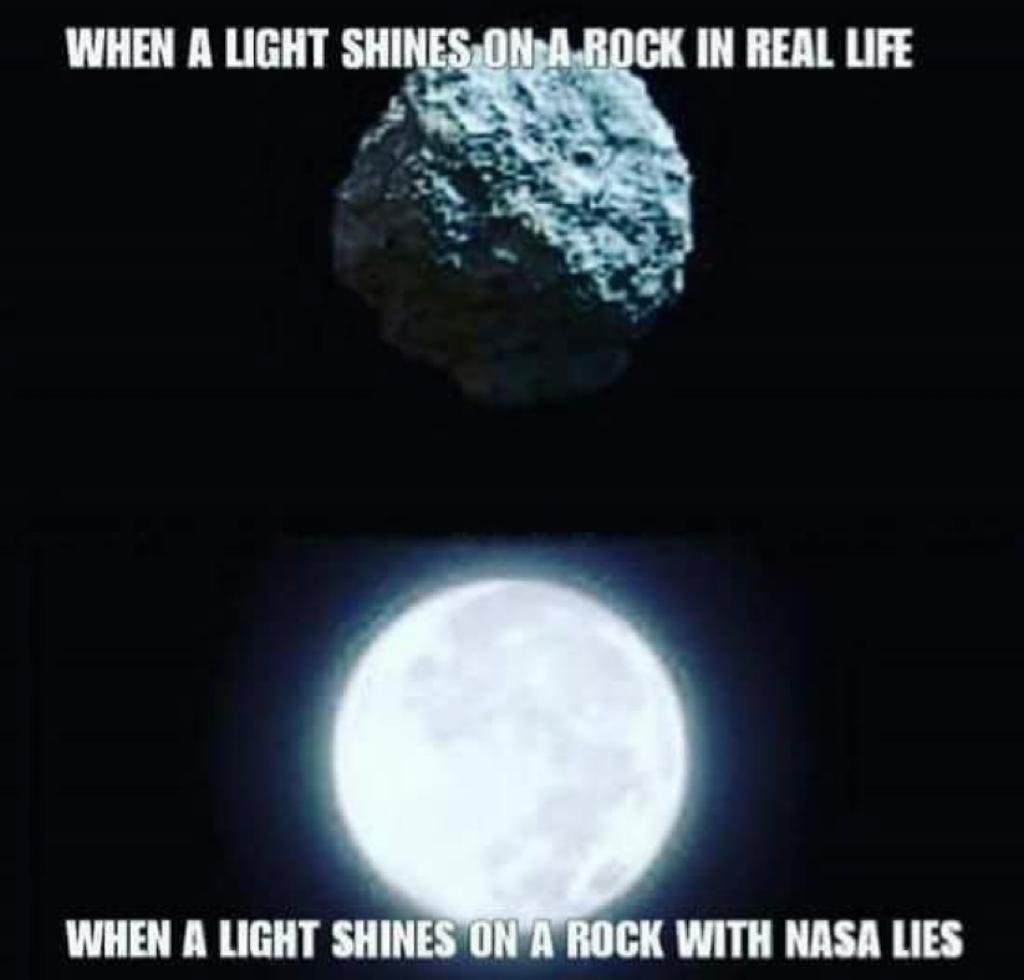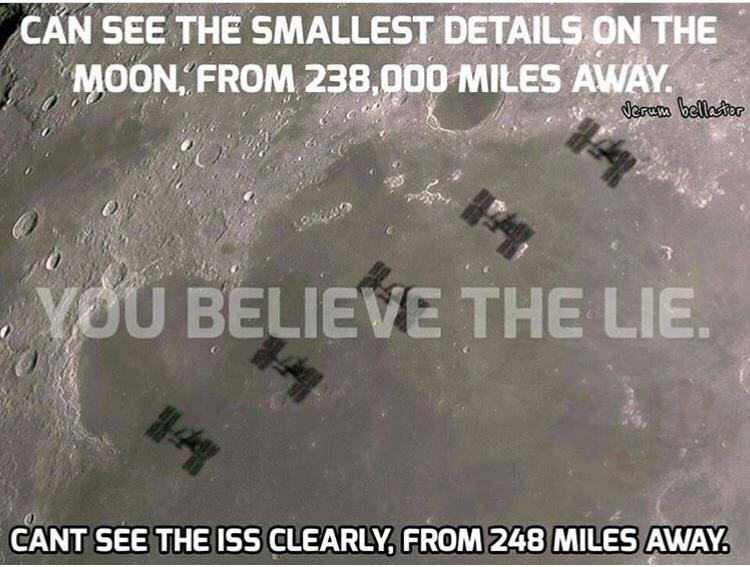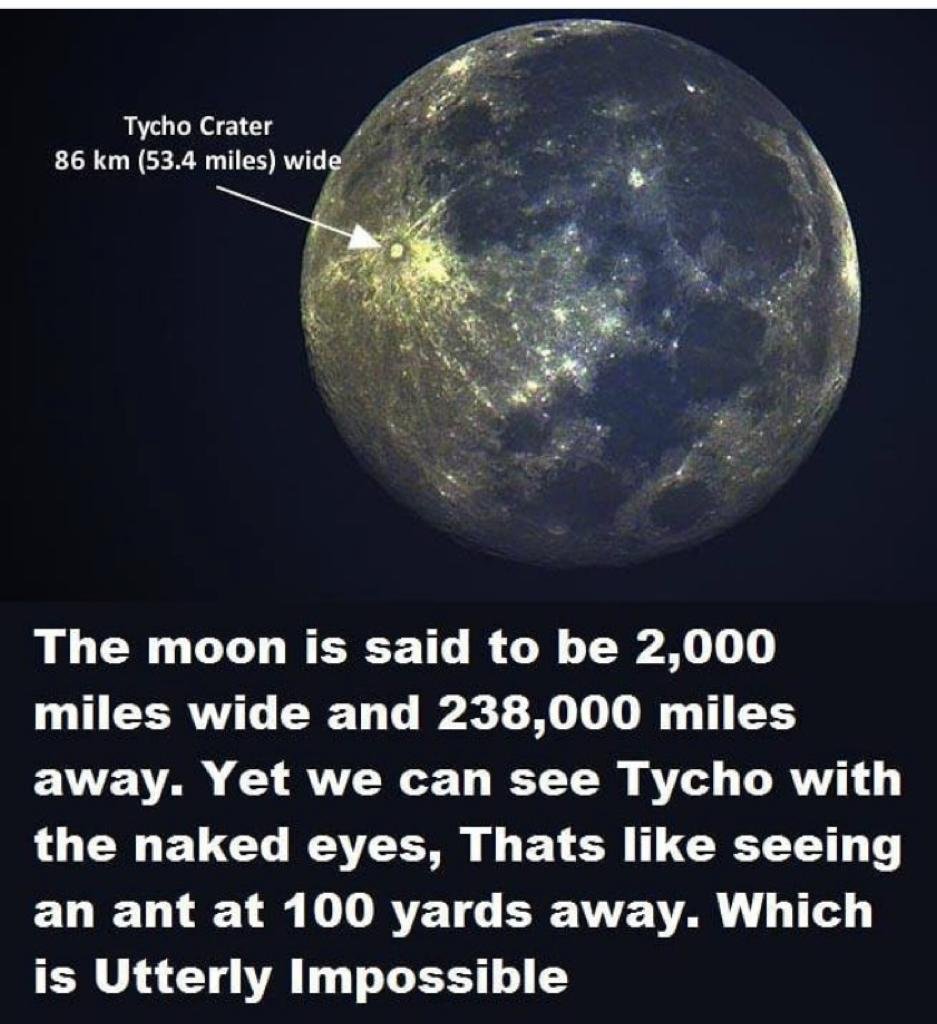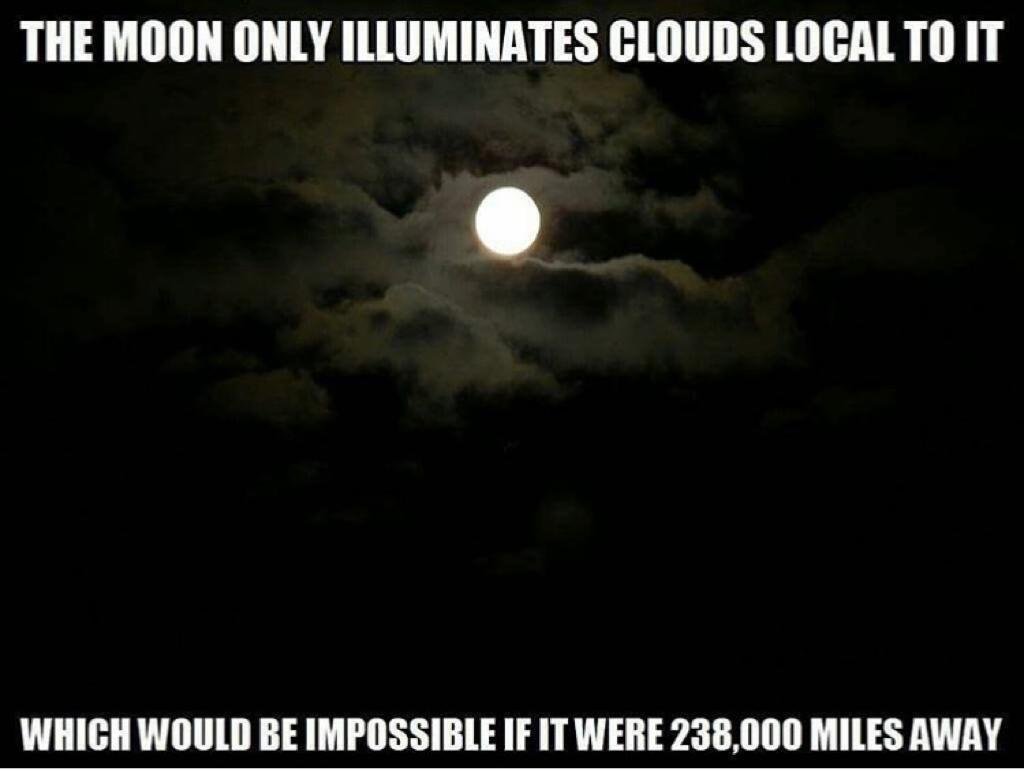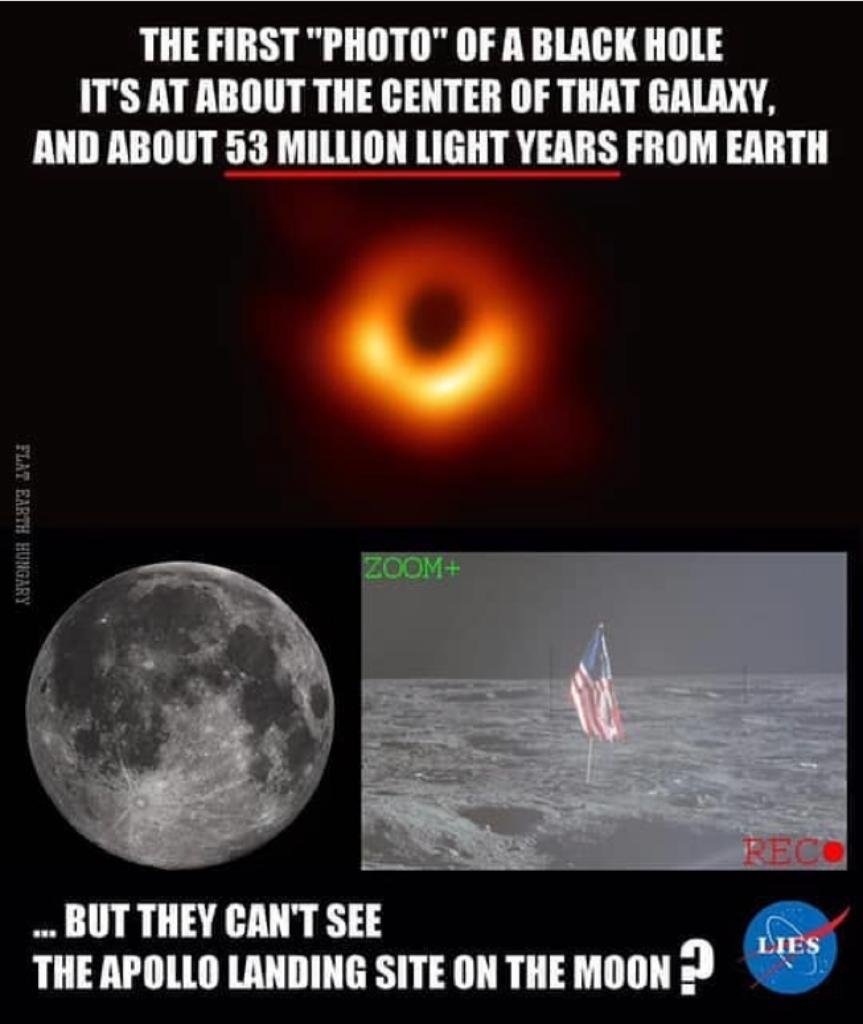
Moon
Scholarly Opinion of Quranic texts
" And he it is who has created the night and the day, and the sun and the moon, each in an orbit floating". Quran (21:33)
Imam Ibn Kathir(rah) gives the classical interpretation of this as ayah as ".....the sun with it's own light and it's own path and orbit and allowed time, and the moon which shines with a different light and travels on a different path and it's own allowed time". (Vol 6 page 444)
"See you not how Allah has created the seven heavens in tiers?. And has made the moon a light therein, and made the sun a lamp?". Quran (71:15-16)
stations and positions for the moon, and he made it's(Moon's) light vary so that sometimes it increases until it reaches a maximum.....". (Vol 10 Page 185)

